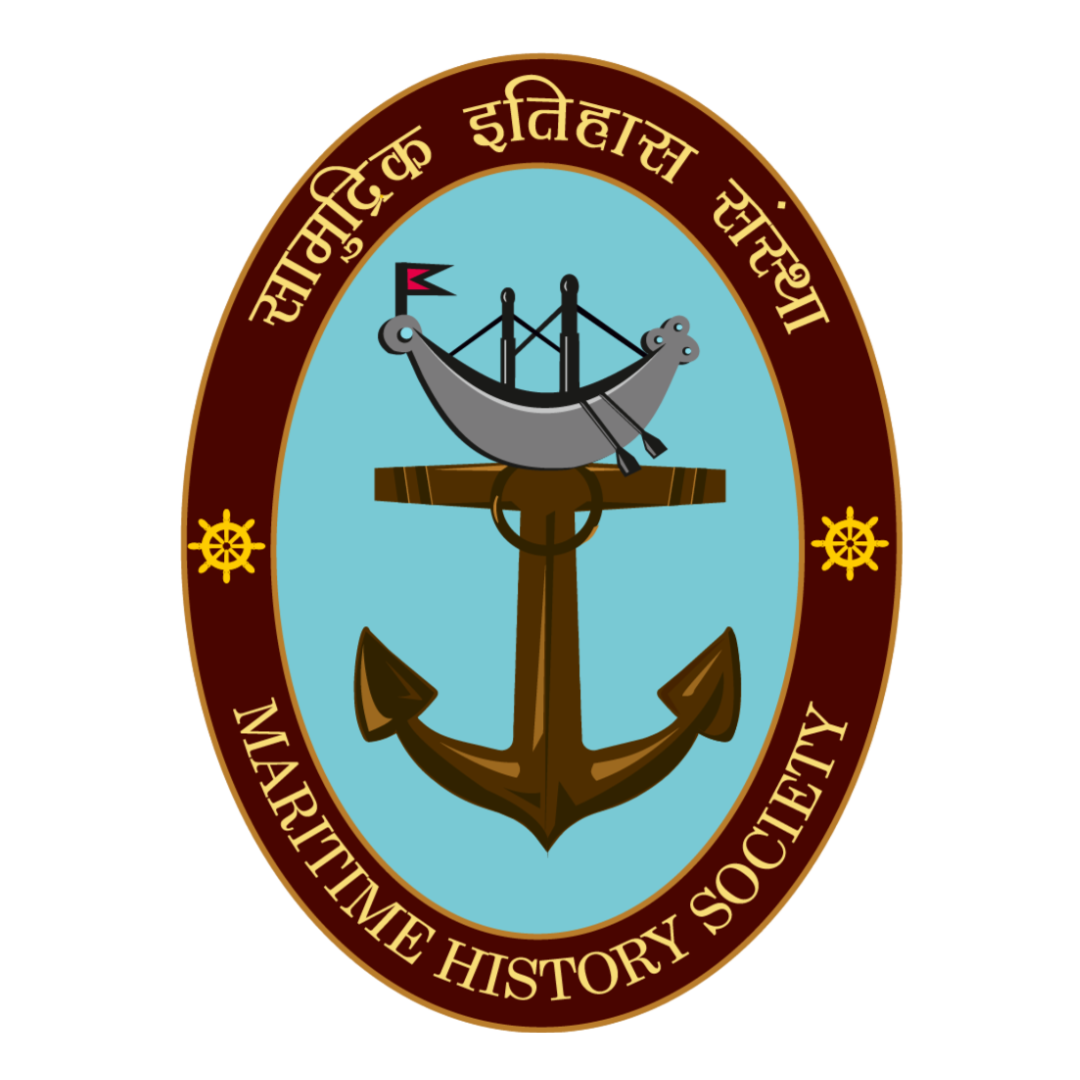The Indian subcontinent has a vast history of flourishing maritime associations that predominantly involved commerce, culture and religion. However, the legacy of the erstwhile Indian mariners and seafarers who plied the oceans afar was gradually eclipsed by the lure of terrestrial possession until the last century. The liberalisation, privatisation and globalisation reforms in India in the ’90s can be regarded as a tipping point of enunciation of a change in the policy and national outlook towards our maritime frontiers. It rendered increased attention towards infrastructural development of Indian ports and its underlying coastal areas thereby placing the blueprint of maritime strategies on a national pedestal. This paradigm shift in our strategic outlook gained gradual prominence.
With Oceans as one of the ‘Global Commons’, India’s focus in the recent years on development of our maritime capacity and outreach has grown manifold with dedicated policies and guidelines for its advancement. A resurgence in maritime affairs can be gauged by tracing the trajectory of an increased number of stakeholders engaged in the maritime domain. The realms of maritime sector attract a scholarly discourse that partake in allied sectors like maritime geopolitics, commerce, economics, infrastructure and technology, defence and security.
History of MILAN Series of Multilateral Exercise
Defence diplomacy has gained momentum in the past decades for accomplishing strategic interests. In order to improve interoperability between forces and strengthen bilateral and multilateral ties with different countries, joint exercises provide a much-needed momentum. “The Indian Navy took the initiative to bring together the navies of the region in a ‘sub-regional maritime togetherness’ by organising a set of naval interactions at Port Blair in the Andaman Islands. This event was given the generic name MILAN (a Hindi word for a meeting).”[1] A biennial event, Exercise MILAN is regularly conducted since 1995. ‘Successive editions have been held in 1997, 1999 and 2003. The 2001 and 2016 editions were not held due to the conduct of the International Review in those years. The 2005 edition was cancelled after the December 2004 tsunami. However, the event resumed in 2006 (thereby changing the cycle from ‘odd’ to ‘even’ years).’[2] Since its first edition whereby four littoral navies participated, the event has witnessed growing participation, which stands as a testimony to the success of this multilateral initiative.
MILAN 2022
Just like its earlier editions, MILAN 2022 will be a multilateral naval exercise aimed at augmenting interaction and learning between friendly foreign navies in the maritime domain. Since its inception, this is the first time that the exercise shall be ‘hosted in the city of Visakhapatnam under the aegis of the Eastern Naval Command of the Indian Navy.’[3] With the theme of this eleventh edition being ‘Camaraderie-Cohesion-Collaboration’[4], this assemblage would foster an excellent opportunity for Operational Commanders and other naval personnel of friendly foreign navies to build a robust network facilitating further engagements in areas of mutual interest. Since its modest beginning as a regional event, the exercise has metamorphosed into a prestigious maritime event.
‘MILAN 2022 is set to host participants from about 46 navies from around the globe.’[5] The event shall cater erudite activities in the Harbour Phase which will be from 25-28 Feb 2022. This phase includes an international seminar, invitational talks by sectoral experts on maritime subjects of common concern, cultural exchange programme, a city parade and young officer interactions. ‘Following this will be the Sea Phase which is planned from 01-04 Mar 2022. This phase would be utilised to consolidate upon the lessons learnt during harbour interactions and to build upon the experience of operating together at sea.’[6]
Significance of Multi-lateral Exercises:
The Indian Navy, through multi-lateral exercises aims to increase its sphere of influence and become the spearhead in the Indian Ocean region. The idea of carrying out full-scale multilateral naval exercises is to promote cooperative initiatives with friendly foreign countries facilitated through structured interactions. The areas of cooperation include capacity building, maritime domain awareness, training, operational exercises for technical assistance. The amicable participation in international level military exercises is an indication of the highest level of trust and confidence between the member nations. On the operational side, these multilateral exercises enable the participating navies to understand each other’s manoeuvres and drills, procedures and measures, help overcome linguistic barriers, and enable familiarisation with different equipments and their capabilities. It also accelerates understanding and get accustomed with innovative automation that other nations may be utilising thereby enabling practical ‘hands-on’ training of each other’s crews. This is principally useful in the event of joint operations whether in war or during peace operations- like HADR and SAR ops -when nations come together for a common cause.
Endnotes:
[1] Roby Thomas, ‘Indian Defence Diplomacy: A Handbook’, MP-IDSA Monograph Series, No. 74, Manohar Parrikar Institute for Defence Studies and Analyses, November 2021. p. 111
[2] Ibid., p. 112
[3] From the ‘Introduction’ on MILAN 2022 website. Accessed and retrieved through https://www.in-milan.in/IntroductiontoMILAN.aspx
[4] From the ‘Welcome Message’ by Adm R Hari Kumar, Chief of Naval Staff, Indian Navy on MILAN 2022 website. Accessed and retrieved through https://www.in-milan.in/CNSWelcomeMessage.aspx
[5] Dinakar Peri, ‘Navy to host its largest exercise, Ex Milan, next February’, The Hindu dated 04 October 2021. Accessed and retrieved through https://www.thehindu.com/news/national/navy-to-host-its-largest-exercise-ex-milan-next-february/article36828648.ece
[6] From the ‘Introduction’ on MILAN 2022 website. Accessed and retrieved through https://www.in-milan.in/IntroductiontoMILAN.aspx



0 Comments